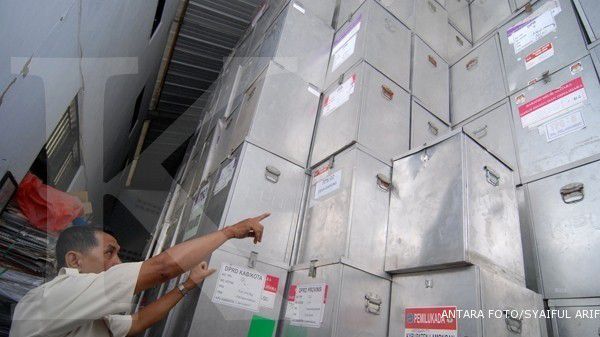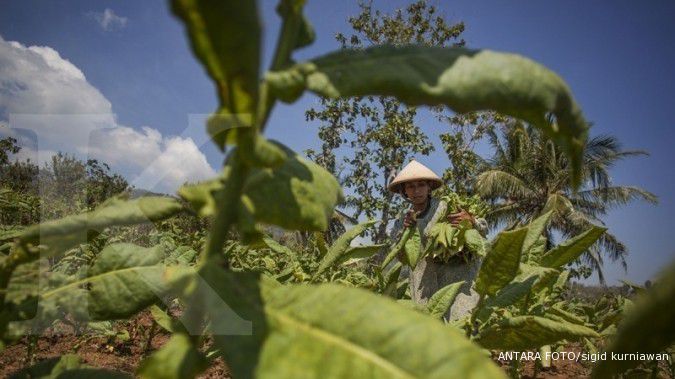JAKARTA. Yayasan Pemerhati Kesehatan Publik Indonesia (YPKP Indonesia) attended Global Forum on Nicotine (GFN) 2017 which took place in Warsaw on 15-17 June 2017 together with approximately 400 other participants from more than 50 countries. Participants comprised of policy analysts, regulators and standards experts, academics and researchers, policy makers, public health professionals, and distributors of alternative nicotine products – all with an interest in nicotine and its uses. During this year’s event YPKP was given the opportunity to present posters highlighting its research on alternative nicotine delivery products such as e-cigarette and heated tobacco product.
Reflecting commitment to the development and promotion of evidence-based policies and interventions, the theme of Global Forum of Nicotine (GFN) meeting this year is ‘Reducing Harm, Saving Lives’, which draw attention to the potential of safer nicotine products to reduce the global health burden of smoking or cigarette consumption. The conference also examined the rapidly developing science and technology in relation to nicotine and its use, including policy and regulatory responses.
Dave Sweanor, Chair of GFN 2017, emphasized the need to help smokers to switch to better alternative products, “government needs to provide access to information on better alternatives for tobacco product and facilitate the public to be able to access these products. Sweanor also added, current research is sufficient to encourage the government to adopt tobacco harm reduction, “good policy need to be based on comprehensive scientific evidence, and the amount of research and findings circulating nowadays already prove the benefits of such products”. With the high prevalence of smokers in Indonesia, YPKP believes that Indonesia needs to adopt tobacco harm reduction principle. Specifically on the topic of nicotine, Chairman of YPKP Indonesia Prof. Achmad Syawqie explained, “society needs to stop demonizing nicotine since the source of harm in cigarette is TAR that is produced by burning the tobacco. Hence it is important to provide access to non-combustible alternative products.” Accurate information related to nicotine must be further socialized, said Prof. Syawqie. Concurrently, Dr. Ardini Saptaningsih Advisor of Association of Indonesian Public Health Experts asserted that “The Indonesian Government needs to adopt tobacco harm reduction principles through accommodating regulations that allow the existence of tobacco product alternative”. In addition, Dr. Ardini also believes that such regulation will benefit Indonesia’s public health sector. Representative of Indonesia’s e-cigarette community, Eky Pratama welcomes YPKP’s findings as he believes that the Government must give more freedom for these new alternatives product. “If these products are subjected to extreme restrictions, it will complicate adult smokers to learn about the products and discourage them from switching to safer alternatives”.






